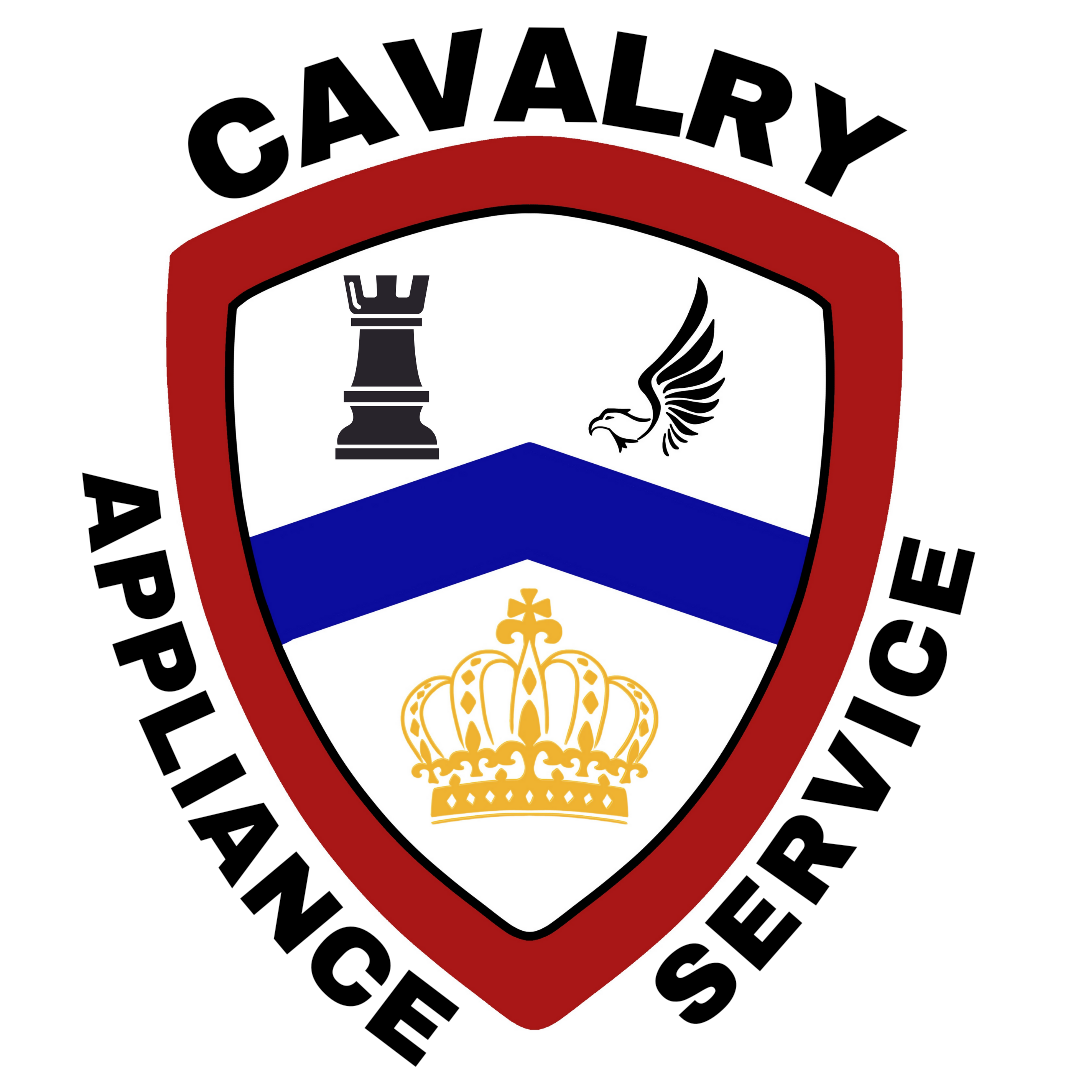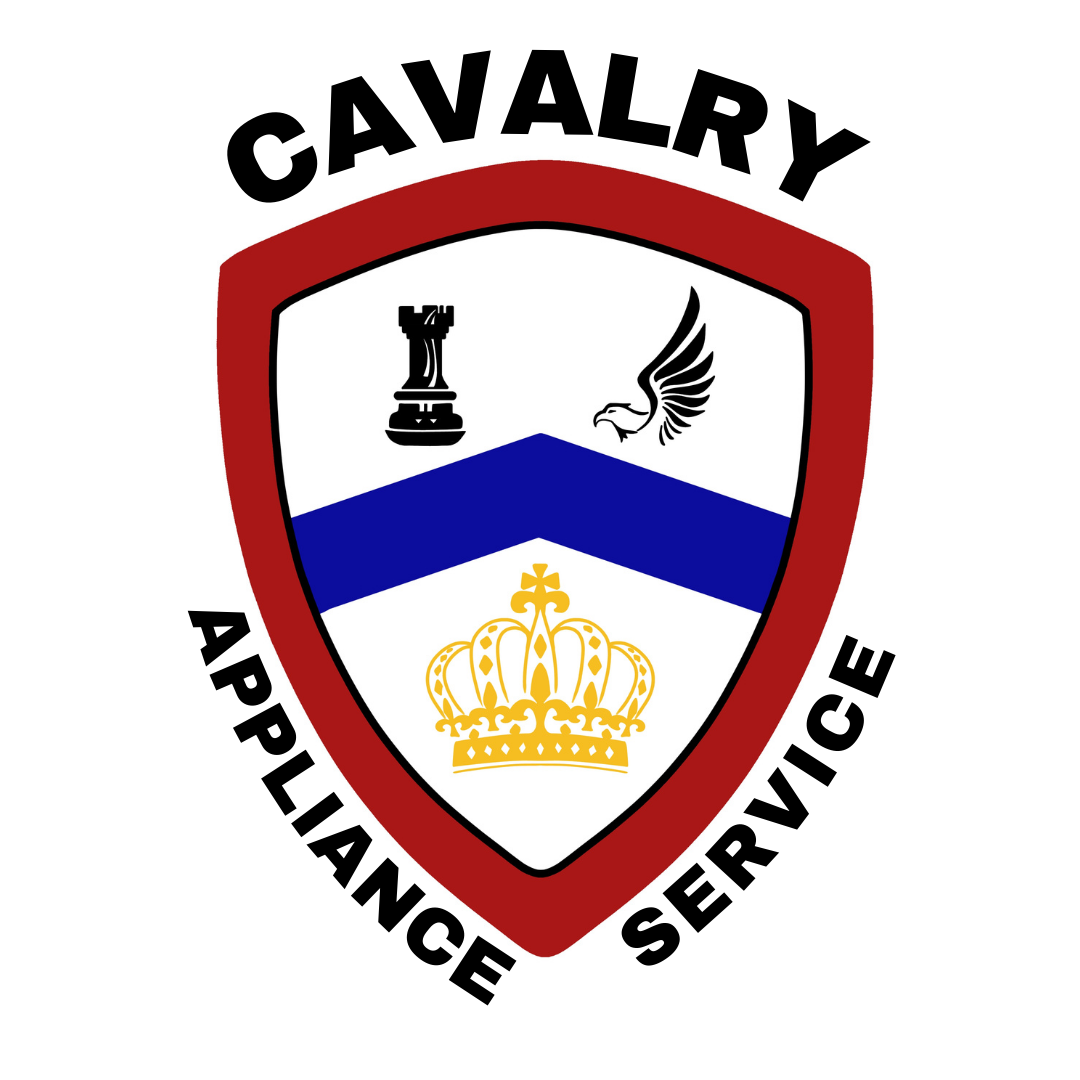10 Cleaning Mistakes That Can KILL Your Appliances
Keeping your home clean is important, but did you know that using the wrong cleaning methods or products could actually damage your appliances? Your fridge, oven, dishwasher, and even small appliances like your coffee maker work hard for you every day, so it’s important to treat them right. Unfortunately, some common cleaning habits can do more harm than good—leading to costly repairs or replacements.
In this post, we'll explore the top 10 cleaning mistakes that could be ruining your appliances and share tips on how to avoid them.
1. Spraying Cleaners Directly on Appliances
It might seem convenient to spray your favorite cleaner right onto your appliances, but this can be a big mistake. When you spray directly, the liquid can seep into buttons, screens, and electrical components, potentially causing malfunctions or short circuits. Instead, spray the cleaner onto a soft cloth and then wipe the surface. This method not only keeps your appliances safe but also helps avoid streaks and residue build-up.
2. Using Harsh Chemicals on Delicate Surfaces
Many household cleaners contain strong chemicals like bleach, ammonia, or alcohol. While these can be great for deep cleaning, they aren’t suitable for all surfaces. Harsh chemicals can discolor, scratch, or even break down materials like stainless steel, plastic, or glass. Before you reach for that heavy-duty cleaner, check the appliance manual for recommended products. When in doubt, opt for mild, pH-neutral cleaners or natural solutions like vinegar and water.
3. Skipping Routine Maintenance
Your appliances do more than just sit there—they have components that need regular attention. For example, refrigerator coils should be vacuumed every six months, dryer vents need regular clearing to avoid fire hazards, and dishwasher filters should be cleaned monthly to prevent clogs. Ignoring these tasks can reduce efficiency and potentially lead to appliance breakdowns. Setting reminders on your phone or calendar can help keep you on track.
4. Not Allowing Appliances to Dry Properly
After running a load in the dishwasher or finishing a cycle in the washing machine, it can be tempting to shut the door and move on. However, leaving moisture trapped inside can create the perfect environment for mold and mildew. To avoid this, leave the door slightly ajar for a few hours to let air circulate and dry out any lingering moisture. This simple step can keep your appliances fresh and prevent bad odors.
5. Using Too Much Water
Water is great for cleaning, but using too much can be dangerous—especially around appliances with electrical components. When cleaning appliances like microwaves, coffee makers, or ovens, avoid using a dripping wet cloth. Excess water can seep into internal parts, leading to rust or electrical issues. Instead, use a damp (not soaking wet) cloth and be mindful of where the water might go.
6. Overlooking the Importance of Proper Tools
Not all cleaning tools are created equal. Steel wool, metal brushes, and abrasive pads can scratch and damage surfaces, especially on stainless steel and glass appliances. Microfiber cloths, soft sponges, and non-scratch pads are much safer choices. They effectively remove dirt and grime without risking damage to your appliance’s finish.
7. Using One Cleaner for Everything
It’s easy to reach for an all-purpose cleaner when you’re in a rush, but using a one-size-fits-all approach isn’t always the best choice. For instance, glass cleaners can harm the coatings on electronic screens, while some surface cleaners can leave a residue on stainless steel. Always check the label of your cleaner to make sure it’s safe for the surface you’re cleaning. Specialized cleaners may seem like an extra expense, but they can save you from costly appliance repairs or replacements.
8. Ignoring the Seals and Gaskets
Seals and gaskets might not seem important, but they play a key role in keeping your appliances running efficiently. They help maintain the right temperature in refrigerators and prevent leaks in dishwashers and washing machines. Over time, dirt and grime can build up, causing the seals to weaken. Clean these areas regularly with a mild cleaner and a soft cloth, and check for signs of wear or cracks. Replacing damaged gaskets promptly can help avoid bigger issues down the line.
9. Cleaning While Appliances Are Plugged In
This one might seem obvious, but it’s worth repeating: Always unplug your appliances before cleaning them. Not only can cleaning plugged-in appliances be dangerous, but it also increases the risk of damaging electrical components. Water and electricity don’t mix, so take the extra moment to pull the plug before you start scrubbing. It’s a simple safety measure that can make a big difference.
10. Not Following the Manufacturer's Instructions
Every appliance comes with a manual full of useful information, including specific cleaning guidelines. It might not be the most exciting read, but spending a few minutes going through the manual can save you a lot of trouble. The manufacturer's instructions often include which cleaning products to use, how to safely clean specific parts, and maintenance tips. Following these guidelines can extend the life of your appliance and keep it running smoothly.
Top Three Takeaways
Always spray cleaners onto a cloth, not directly on the appliance. This prevents excess liquid from damaging internal components.
Use cleaning products that match the surface material of your appliance. A little extra caution can save you from accidental damage.
Regularly maintain appliances to prevent dirt and grime buildup. Simple tasks like cleaning refrigerator coils or clearing dryer vents can keep your appliances efficient and safe.
Taking care of your appliances doesn’t have to be complicated. By avoiding these common cleaning mistakes and using the right techniques and products, you can keep your appliances looking great and working efficiently for years to come. A little effort now can save you from big repair bills later.
If you found these tips helpful, be sure to explore more of our home care advice and keep your appliances in top shape!
We’re here whenever you need us!
Your Cavalry Appliance Team

